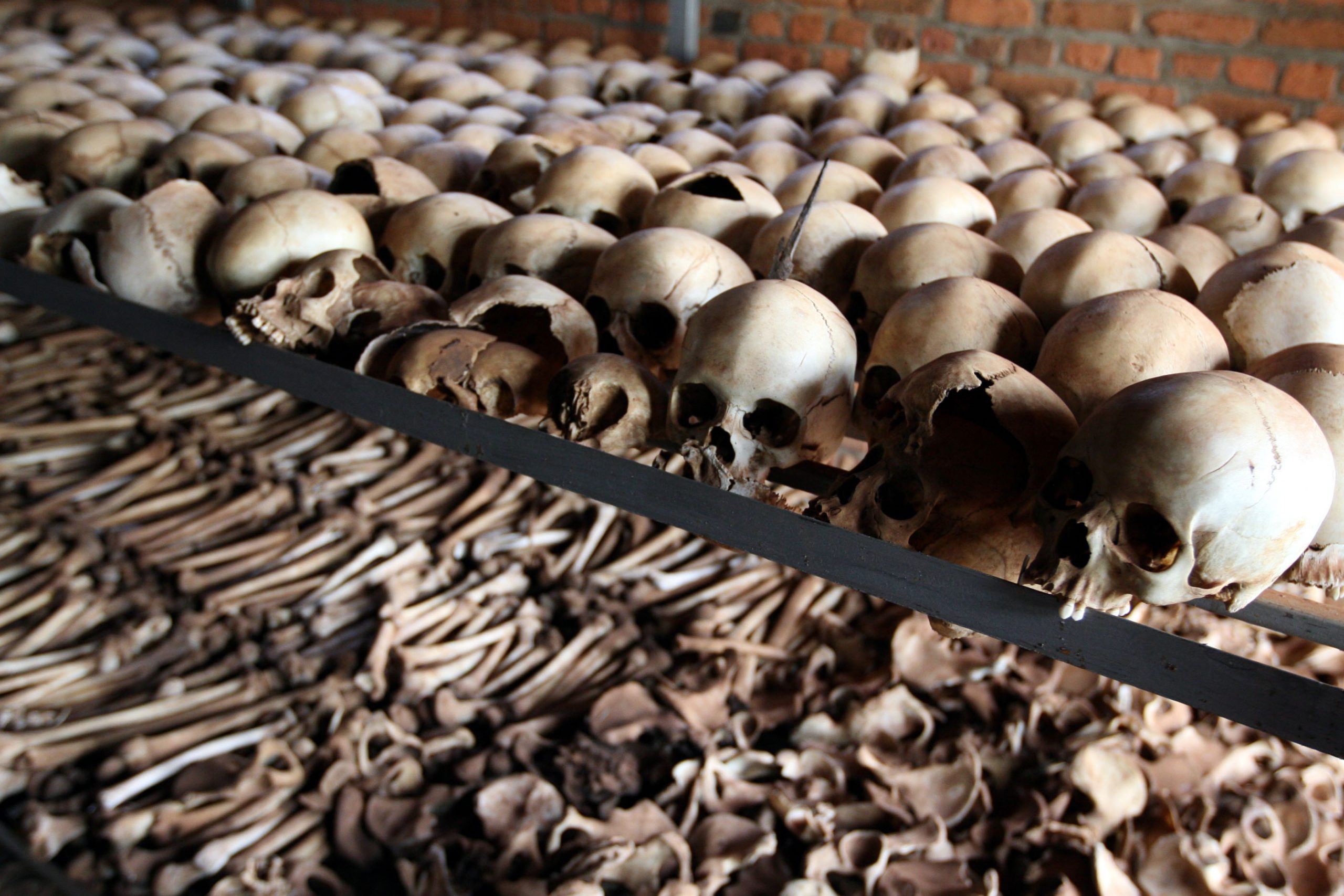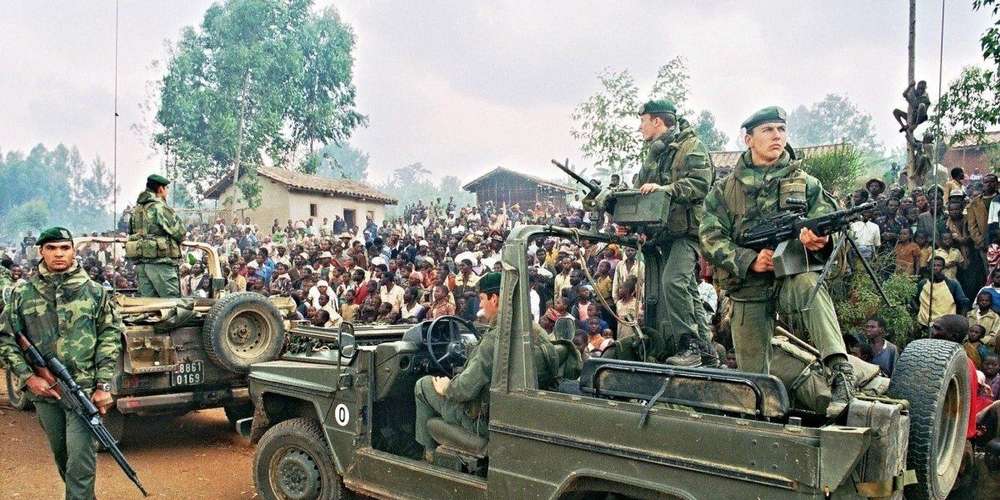International
International community should learn from Romeo Dallaire’s example

In
1993, Roméo Dallaire, a Canadian Lieutenant General, undertook the biggest
command of his career- leading the United Nations Assistance Mission for Rwanda
(UNAMIR).
The
goal of the mission was to assist in the implementation of the Arusha Accords between
the then Rwandan Government and the Rwandan Patriotic Army (RPA) rebels.
A year
later, Dallaire watched helplessly as more than one million people were slaughtered
in the 1994 Genocide against the Tutsi, despite his pleas for more UNAMIR
troops to stop the massacres.
On
January 20, 1994, Dallaire made a chilling discovery. An informant warned him
that the Hutu government had no desire to implement the Arusha Accords. They were,
instead, planning bloodshed, an outright slaughter and elimination of the
Tutsi.
Dallaire
reported to the UN Security Council in New York, but no one cared.
Three
months later, in April 1994, massacres against the Tutsi started. He asked the
UN for reinforcements but the former responded by withdrawing the bulk of the
blue helmets that were already there.
Right
there and then, no one in the world was interested in stopping the Genocide.
The
international community failed Rwanda.
Dallaire
and the remaining of his few hundred peacekeepers could do little such as in humanitarian
efforts, and protecting a small number of people, while he repeatedly and futilely
attempted to negotiate a cease-fire.
As the
United Nations stood by, the RPF put an end to the Genocide after 100 days of
hell.
Weeks after
the end of the Genocide, a guilt-ridden Dallaire left Rwanda. He believed the
UN could have done more to prevent the Genocide and effectively saved the lives
of hundreds of thousands of Tutsi who perished.
In his
book, Shake Hands with the Devil: The Failure of Humanity in Rwanda, Dallaire
described his chilling experience during the Genocide, and the evident failure
from the international community.
“But
in the moment, it seemed to me that I had backed away from a fight for what was
right, that this failure stood for all our failures in Rwanda,” he wrote.
After
his horrific experience in Rwanda, today, the former Senator has made peace
activism his new weapon, and devoted himself to humanitarian work, advocating
for military veterans and championing the prevention of the use of children in
armed conflicts.
Unlike
Dallaire, close to three decades after the Genocide, no country has owned up to
failing Rwanda at its darkest hour. Today, these same nations’ failure is
evident, when they adamantly refuse to punish Genocide suspects but instead
hide and work with them.
Leaders
of countries like the US, UK, Belgium, and France, were the first to advocate
for the withdrawal of the peacekeepers from Rwanda in 1994. Now, their
countries are harboring the largest number of genocide fugitives in their
communities.
Related: Genocide
fugitives hiding in plain sight
Related: Inside
Rwanda’s bilateral, multilateral interventions to bring peace in conflict areas
Three
decades later, Rwandans have learnt that no one will come to their rescue.
That
is why the Rwandan state has been building its capacity to stand on its own
while lending a hand to other African nations in need.




.jpeg-20230411051445000000.jpeg)

